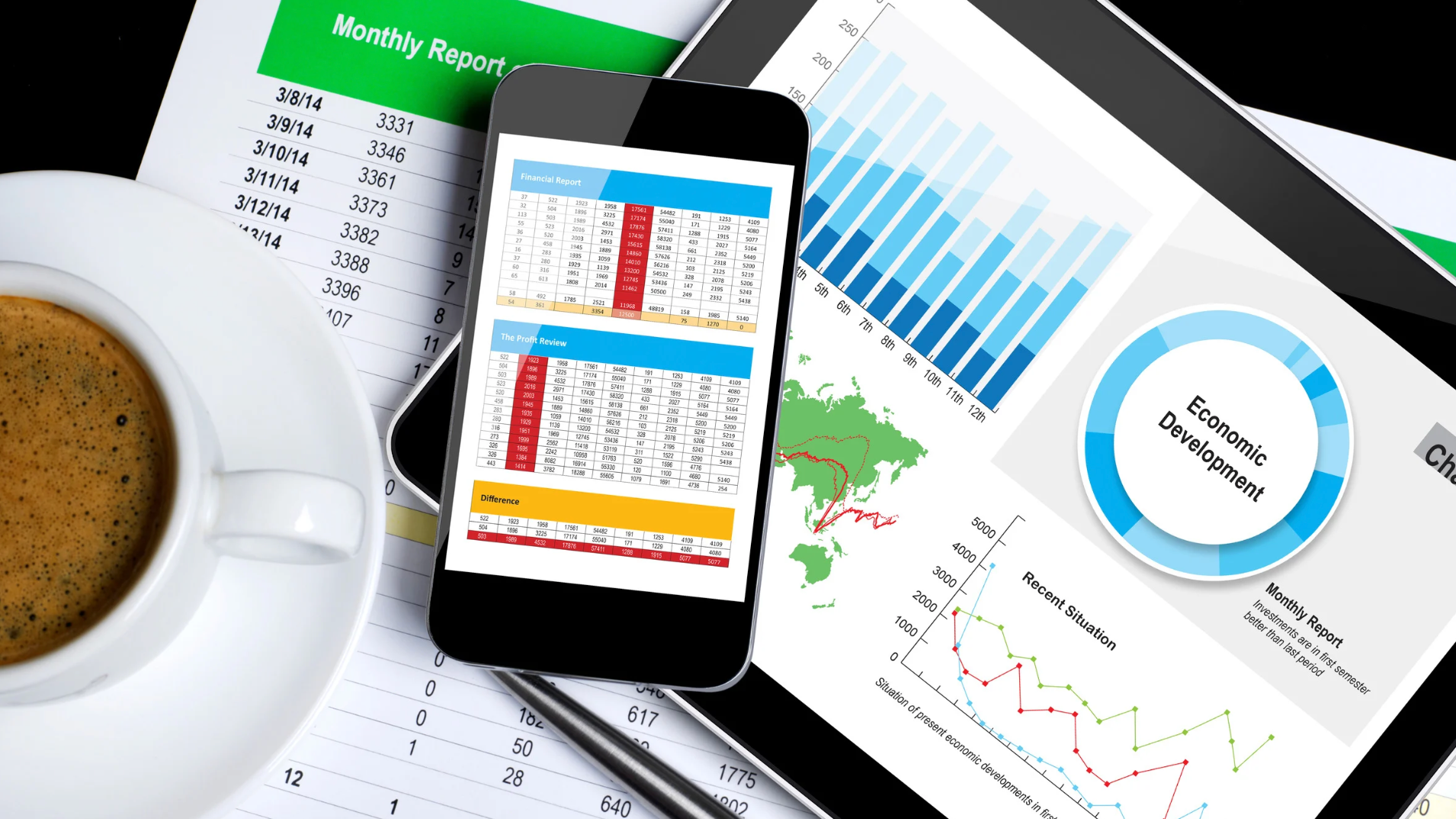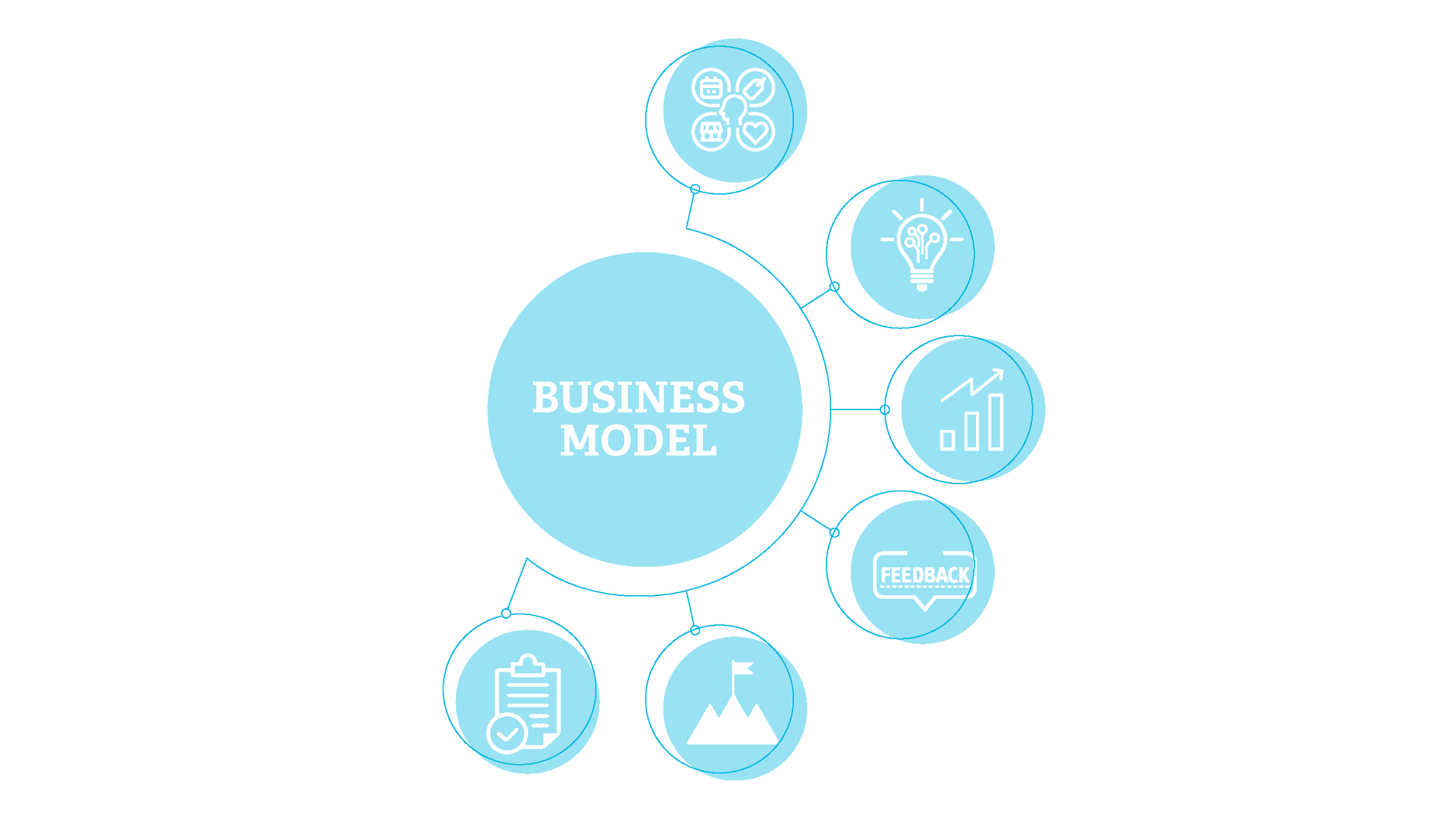Navigating the world of provisional tax can be daunting, but understanding the basics can help you manage your tax obligations more effectively. We provide some essential information on how provisional tax works and offer tips to avoid common pitfalls.
What is provisional tax?
Provisional tax is a way of paying your income tax in instalments throughout the year, rather than in a lump sum at the end of the year. This helps spread the tax load and avoid a large end-of-year tax bill. You are required to pay provisional tax if your residual income tax (RIT) from the previous year is more than $5,000.
How does provisional tax work?
Provisional tax is not a separate tax; it is part of your income tax. You pay it in instalments based on your estimated income for the current year. There are several methods to calculate your provisional tax:
- Standard Option: This method uses your previous year's RIT plus 5%. It is straightforward and works well if your income is steady or increasing.
- Estimation Option: Here, you estimate your income for the current year and calculate the tax based on that estimate. This option is useful if you expect your income to decrease.
- Ratio Option: This method is available if you are registered for GST and file returns monthly or two-monthly. It calculates provisional tax based on a ratio of your GST turnover.
- Accounting Income Method (AIM): This option is suitable for small businesses using accounting software. It calculates provisional tax based on your actual income and expenses throughout the year.
Payment dates
The due dates for provisional tax payments depend on the method you choose and your balance date. Generally, payments are made in three instalments: 28 August, 15 January, and 7 May. For non-March balance date taxpayers, the payment dates are different. If you use the ratio option, you will make six instalments throughout the year.
Avoiding common pitfalls
Below are some of the common pitfalls that we see, and how to avoid them.
- Underestimating income: If you underestimate your income and underpay your provisional tax, you may be charged interest and penalties. It's important to make accurate estimates and adjust them if your income changes.
- Missing payment deadlines: Missing payment deadlines can result in interest charges and penalties. Set reminders and ensure you make payments on time.
- Ignoring changes in income: If your income fluctuates, consider using the AIM or ratio option to ensure your provisional tax payments reflect your actual income.
Penalties and interest
Inland Revenue (IRD) will charge interest on late or underpaid provisional tax. The interest charge is not a penalty, but a charge for the use of money, and is tax-deductible. Additionally, penalties may
apply for late payments or underestimating your income. It's crucial to stay on top of your payments and make accurate estimates to avoid these charges.
By making accurate estimates, keeping detailed records, and staying on top of payment deadlines, you can avoid common pitfalls and ensure a smooth tax experience.
For more information reach out to us – we’re here to help.













